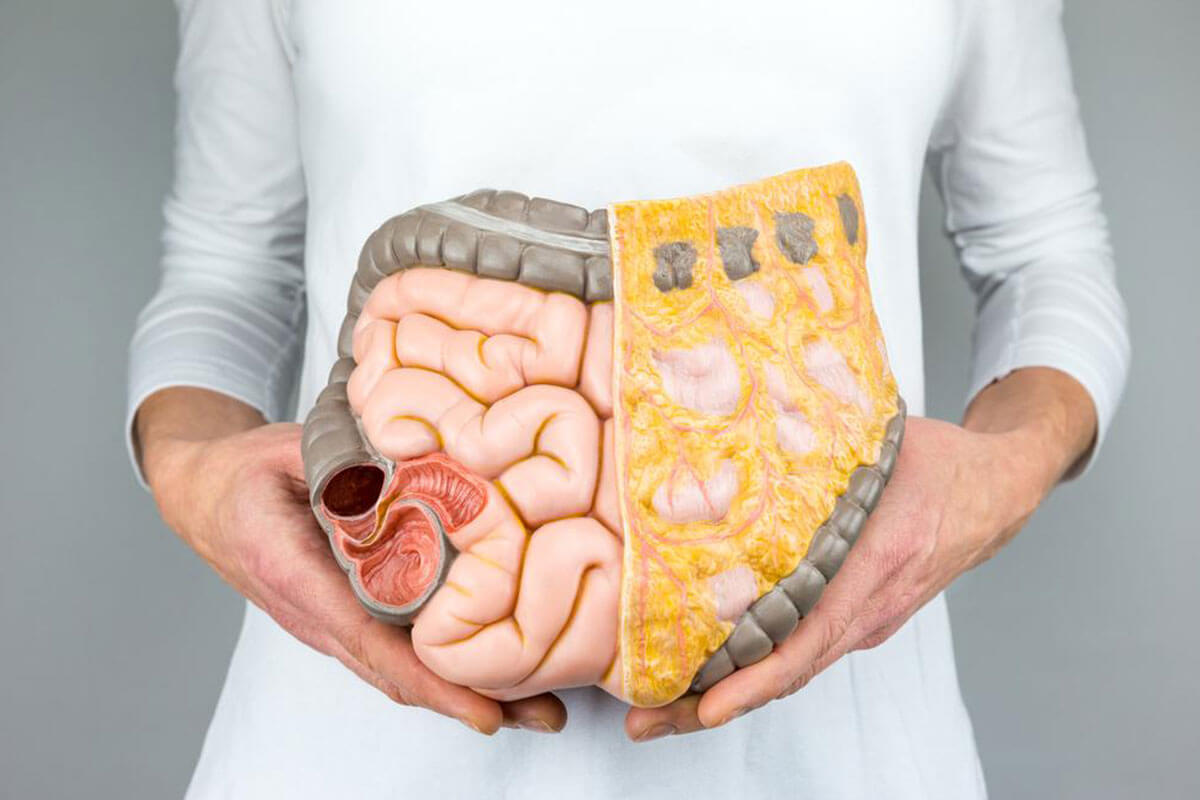Comprehensive Guide to Debunking Myths About Cold and Flu Prevention
This comprehensive guide debunks common myths about cold and flu, providing evidence-based facts to help you adopt effective prevention and recovery strategies. Learn why drinking milk, going outside with wet hair, exposure to sick family members, medication safety for children, and sleep are key aspects to understand for maintaining health during illness seasons. Stay informed with science-backed advice to better protect yourself and your loved ones during cold and flu periods.

Comprehensive Guide to Debunking Myths About Cold and Flu Prevention
As the cold and flu seasons approach each year, it's more important than ever to understand how these illnesses spread and how best to protect yourself and your loved ones. In today’s health-focused environment, numerous misconceptions and myths circulate, often leading to ineffective or even harmful health practices. Dispelling these myths with evidence-based information is critical for effective prevention, optimal recovery, and overall well-being.
In this detailed guide, we will explore and debunk some of the most prevalent myths related to cold and flu, providing clarity so you can adopt healthier and more effective habits during the colder months.
Myth 1: Drinking Milk Worsens Cold and Flu Symptoms
One of the most widespread misconceptions about cold and flu is that consuming milk can exacerbate symptoms or increase mucus production, leading people to avoid it during illness. This belief has persisted for generations, but modern scientific research offers a different perspective.
Fact: Drinking warm milk, especially when combined with natural ingredients like honey or turmeric, can actually soothe a sore throat and promote comfort. Milk is rich in essential nutrients such as calcium, vitamin D, and folate, all of which support immune function and overall health. Calcium helps maintain strong bones and potentially dampens inflammation, while vitamin D plays a vital role in immune regulation. Folate contributes to tissue repair and immune cell production.
Moreover, warm milk can serve as a comforting, nutritious beverage that keeps you hydrated and energized during illness. So, contrary to myth, including milk in your diet in moderation can be beneficial during cold and flu seasons.
Consuming nourishing foods and beverages like warm milk during an illness can boost your health and aid recovery, dispelling the myth that dairy worsens cold symptoms.
Myth 2: Going Outside with Wet Hair Causes Colds
This common belief suggests that stepping outdoors with damp hair can lead to catching a cold, supposedly because cold air and wet hair weaken the immune system or provide a pathway for viruses. However, scientific evidence shows that this is a myth.
Fact: Illnesses such as colds and flus are caused by viruses, not by exposure to cold weather or wet hair. The primary transmissions occur through respiratory droplets from infected individuals or contact with contaminated surfaces. If your environment is warm and you practice good hygiene, going outside with damp hair does not increase your risk of illness.
That said, in cold or damp conditions, it’s wise to dry your hair and dress appropriately to avoid discomfort or hypothermia, especially in low temperatures. Maintaining good hygiene, proper nutrition, and regular physical activity are far more effective strategies for resisting viruses than worrying about wet hair.
Myth 3: Exposure to a Sick Family Member Will Inevitably Lead to Illness
Many believe that caring for a sick family member guarantees catching the illness. While close contact does increase risk, it is not a certainty. How susceptible you are depends largely on your immune system, hygiene practices, and overall health status.
Fact: Proper hygiene measures—such as frequent handwashing, disinfecting surfaces, and avoiding close contact when possible—can significantly reduce the likelihood of transmission. Ensuring you get enough rest, maintaining a nutritious diet, and staying physically active bolster your immune defenses.
Additionally, wearing masks and practicing respiratory etiquette can further decrease your chances of falling ill even when caring for someone with a contagious illness. By taking these precautions, you can prevent infection and protect yourself and your family.
Myth 4: Over-the-Counter Medications Are Safe for Children Without Consultation
Many parents believe that giving children over-the-counter (OTC) remedies for cold and flu symptoms is harmless or without risk. This misconception can lead to inappropriate dosing or use of medications that are not suitable for children.
Fact: Consulting a healthcare professional before administering any medication to children is essential. Pediatric formulations differ from adult medicines, and improper dosing can cause adverse effects or mask serious illnesses. A healthcare provider can provide accurate diagnosis and recommend appropriate treatment options tailored to your child's age, weight, and health condition.
Always read labels carefully and follow pediatric dosing guidelines. Remember, sometimes rest, hydration, and symptomatic relief are sufficient, and unnecessary medication can do more harm than good.
Myth 5: Sleep Is Not Critical During Illness Recovery
A common misconception is that sleep is optional during sickness, and recovery can happen regardless of rest. In reality, sleep is a cornerstone of immune health and recovery.
Fact: Adequate and quality sleep allows the body to produce infection-fighting cells and antibodies, speeding up recovery. It also helps reduce stress hormones that can suppress immune function. During illness, prioritizing rest helps your body conserve energy and directs resources toward fighting infection.
Developing good sleep habits and ensuring sufficient rest during cold and flu seasons can significantly improve your chances of recovering faster and feeling better sooner.
Understanding the facts behind common misconceptions about cold and flu is vital for effective prevention and treatment. By making informed choices and adopting proven health strategies, you can navigate the chilly seasons with confidence and safeguard your health. Remember, staying hydrated, practicing good hygiene, getting adequate sleep, and seeking professional medical advice when necessary are your best tools to stay resilient against seasonal illnesses.





